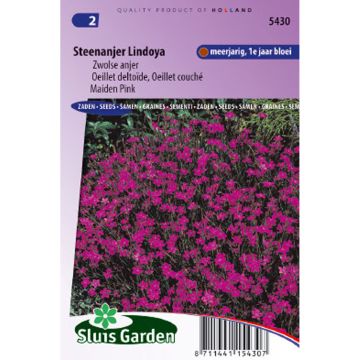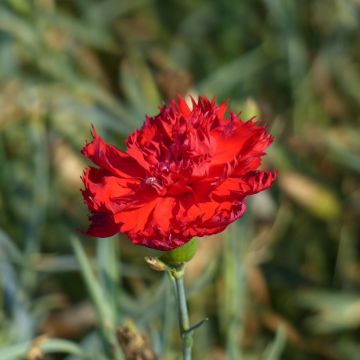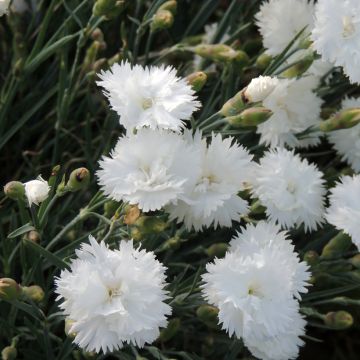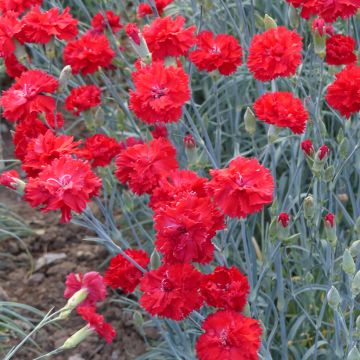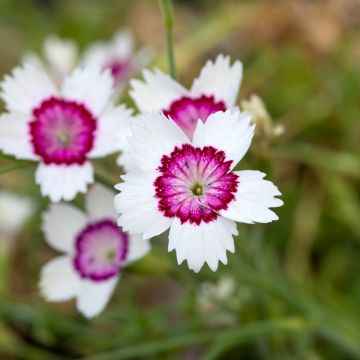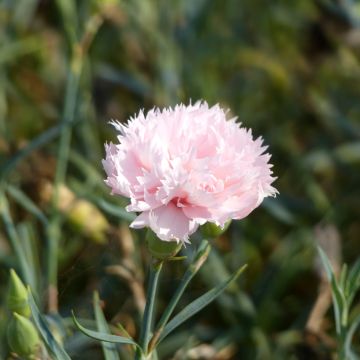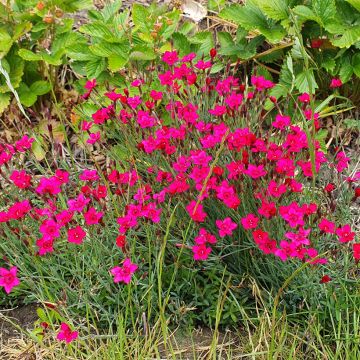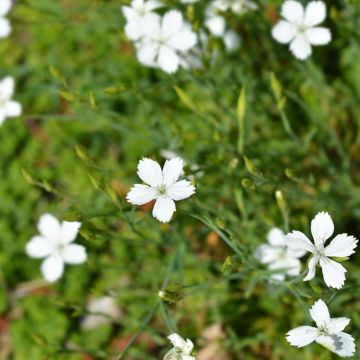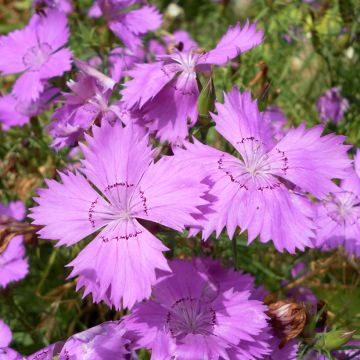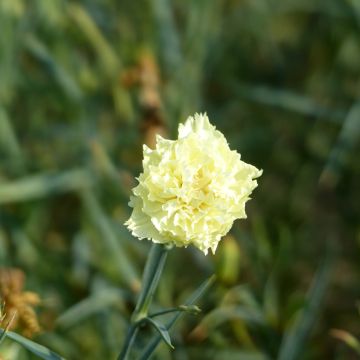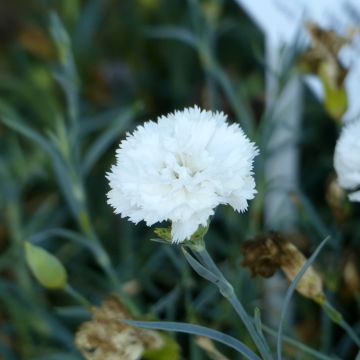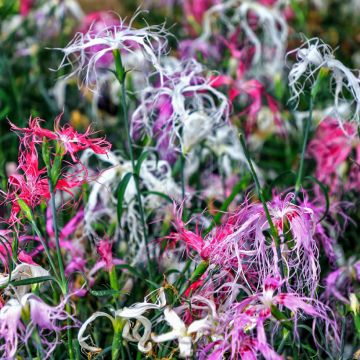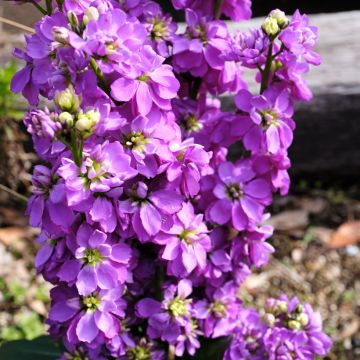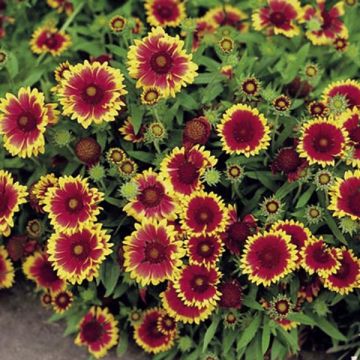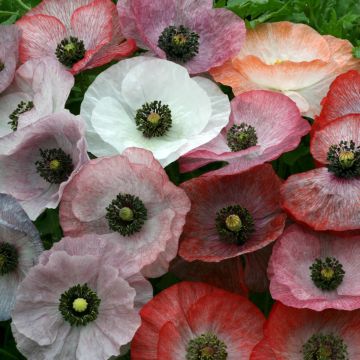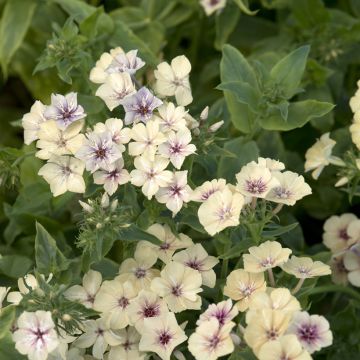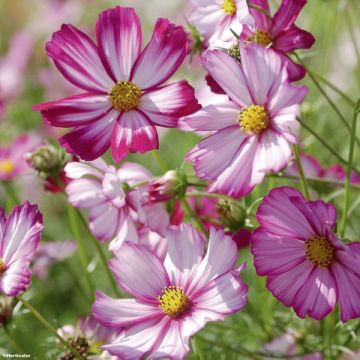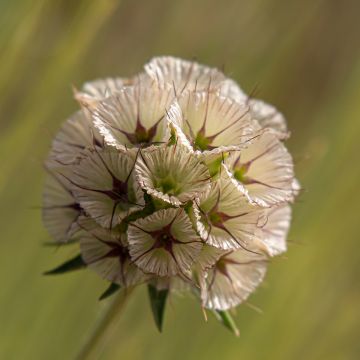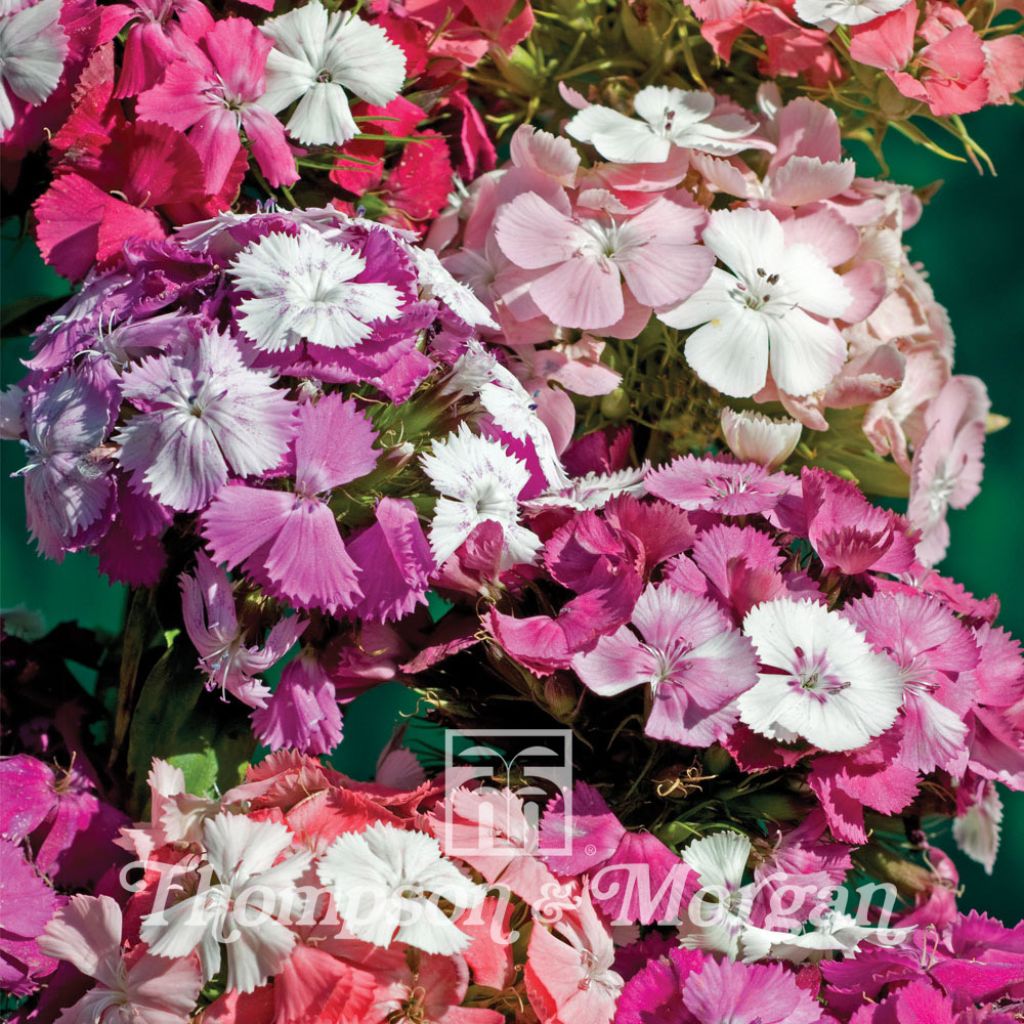

Dianthus Kaleidoscope Mixed
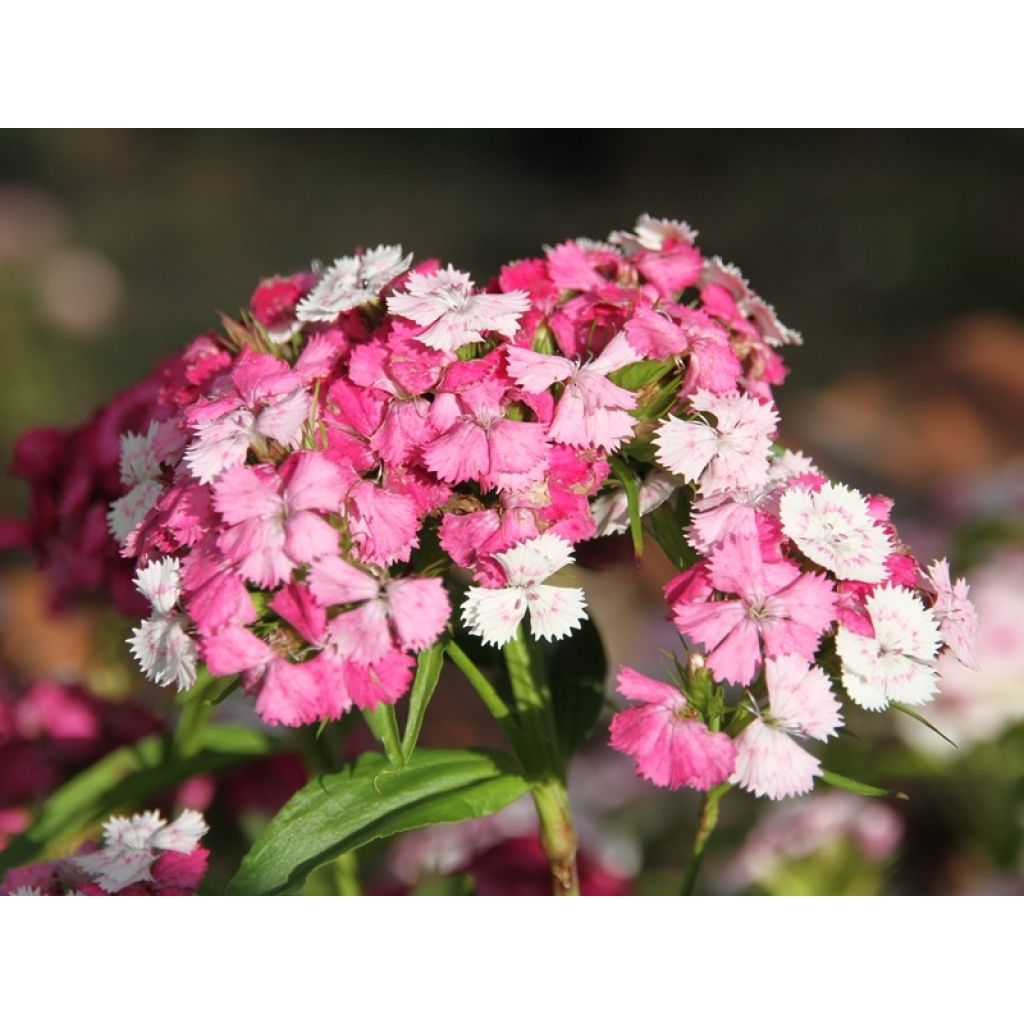

Kaleidoscope Mixed Poets Eye seeds - Dianthus barbatus
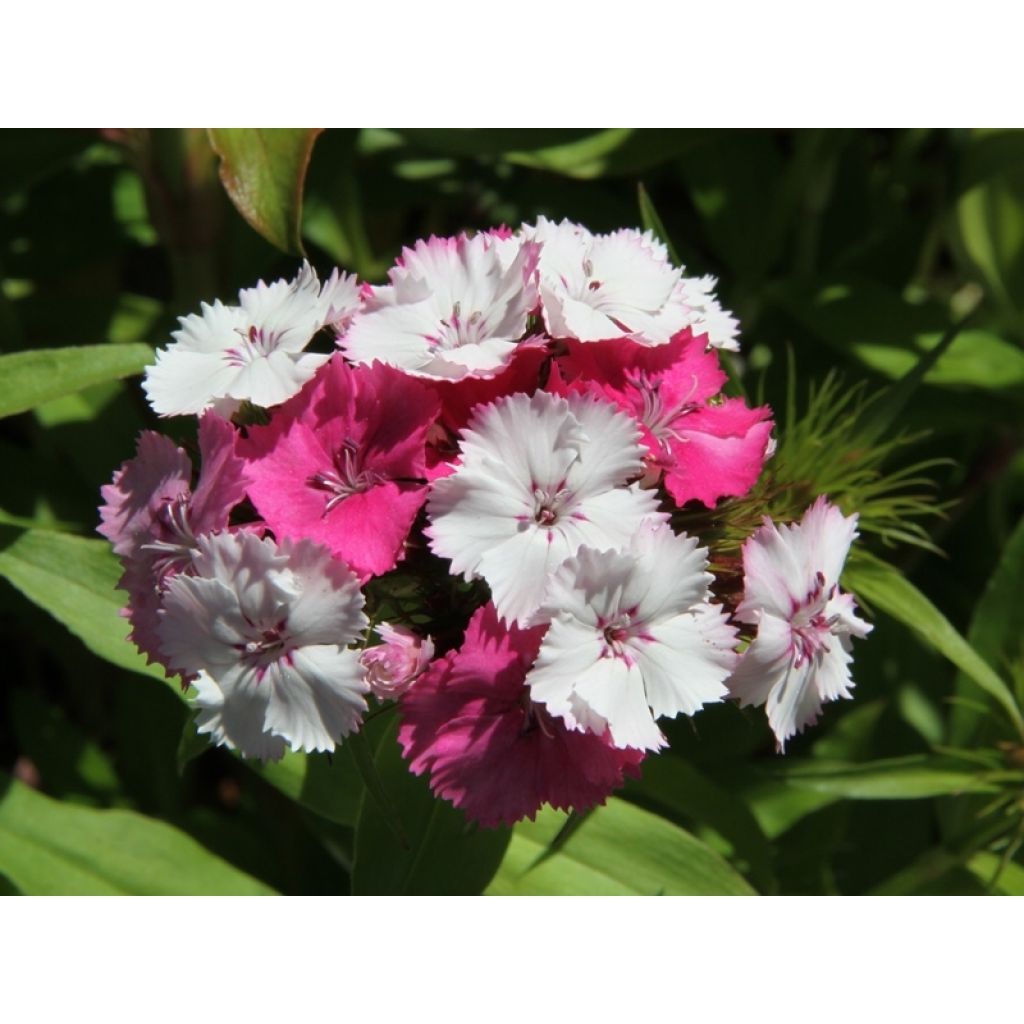

Kaleidoscope Mixed Poets Eye seeds - Dianthus barbatus
View more pictures
Hide images
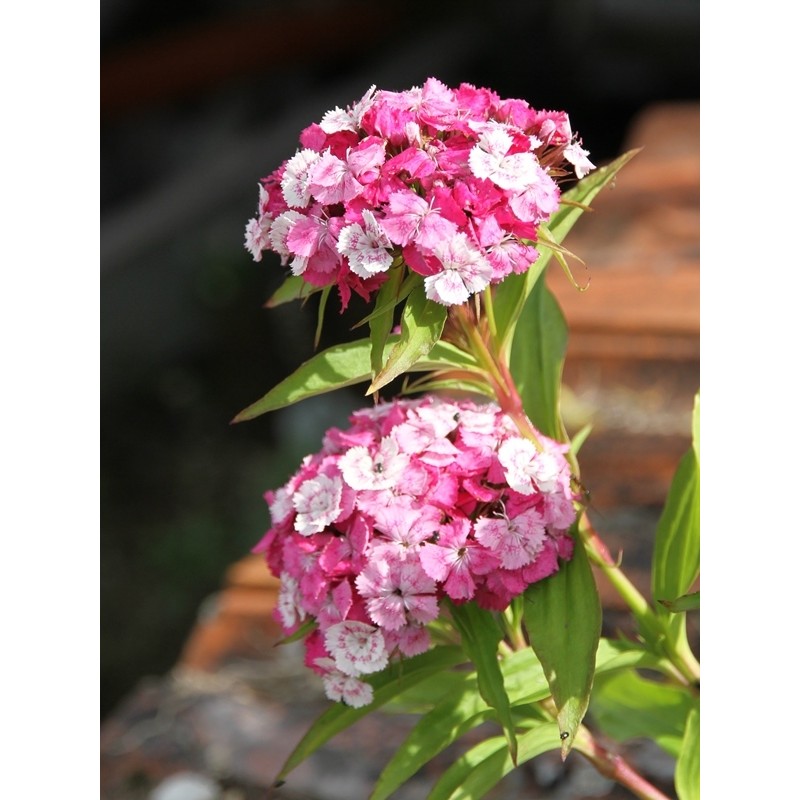
Elise A.

Elise A. • 51 FR
Kaleidoscope Mixed Poets Eye seeds - Dianthus barbatus
Dianthus barbatus Kaleidoscope Mixed
Sweet William
I am disappointed because no seeds sprouted even though the packet I bought from Lidl gave me beautiful carnations, so why spend more money?
JACQUELINE ET JOSEPH B., 16/08/2017
Special offer!
Receive a €20 voucher for any order over €90 (excluding delivery costs, credit notes, and plastic-free options)!
1- Add your favorite plants to your cart.
2- Once you have reached €90, confirm your order (you can even choose the delivery date!).
3- As soon as your order is shipped, you will receive an email containing your voucher code, valid for 3 months (90 days).
Your voucher is unique and can only be used once, for any order with a minimum value of €20, excluding delivery costs.
Can be combined with other current offers, non-divisible and non-refundable.
Why not try an alternative variety in stock?
View all →This plant carries a 6 months recovery warranty
More information
We guarantee the quality of our plants for a full growing cycle, and will replace at our expense any plant that fails to recover under normal climatic and planting conditions.
Would this plant suit my garden?
Set up your Plantfit profile →
Description
This Kaleidoscope Mixed Dianthus barbatus, also known as a poet's carnation, is a favored guest in cottage gardens. It brings an original and tender touch of color to summer flower beds. Its large inflorescences, composed of flowers in different shades of pink, gradually mature to white, creating a multicolored bouquet with endless nuances. This highly fragrant and well-branched variety is ideal for bouquets. Often grown as a biennial, this short-lived perennial is perfect everywhere, even in pots. It is capable of flowering in the year of sowing. Easy to grow in moist, rich, well-drained soil, in full sun or partial shade.
The Dianthus barbatus is a plant in the family Caryophyllaceae, found in many temperate regions of Europe and Asia. Although not long-lived, it is hardy and is often considered a biennial, flowering in its second, or even first, year after sowing. The plant forms a tight basal tuft of long, pointed leaves, ranging from light green to glaucous. Flowering, which is long for this 'Kaleidoscope Mixed' variety, occurs in late spring and summer, sometimes until September. The small flowers, arranged in flat cymes measuring 8 to 15 cm (5.9 in) in diameter, are borne at the ends of thin, branched, and sturdy stems. Their color, highly variable, often shows the combination of two colors, variegated or striate. All plants bear flowers that change color as they bloom, transitioning from different shades of pink to white. The fragrance of the flowers is both spicy and sweet, reminiscent of cloves and cinnamon.
Report an error about the product description
Flowering
Foliage
Plant habit
Botanical data
Dianthus
barbatus
Kaleidoscope Mixed
Caryophyllaceae
Sweet William
Cultivar or hybrid
Other Dianthus seeds
View all →Planting and care
Sow the seeds of annual carnation indoors or in a greenhouse, from January to February as a late-flowering annual, or from June to July to see them bloom in spring.
Sow on the surface of good quality and well-drained compost. Place the seed tray in a mini-greenhouse at a temperature of 15-20 ° C, or in a transparent polyethylene bag until germination, which takes 7-21 days. Keep the compost moist but not waterlogged and do not exclude light.
When the seedlings are large enough to handle, transplant them into 8 cm (3.1 in) pots and let the plants grow in cooler conditions. When all risk of frost has passed, gradually acclimatize them to outdoor conditions for 7-10 days before transplanting them outside. Maintain a distance of 30cm (11.8 in) between plants, and plant them in any fertile, well-drained soil in full sun.
Sowing period
Intended location
-
, onOrder confirmed
Reply from on Promesse de fleurs
Similar products
Haven't found what you were looking for?
Hardiness is the lowest winter temperature a plant can endure without suffering serious damage or even dying. However, hardiness is affected by location (a sheltered area, such as a patio), protection (winter cover) and soil type (hardiness is improved by well-drained soil).

Photo Sharing Terms & Conditions
In order to encourage gardeners to interact and share their experiences, Promesse de fleurs offers various media enabling content to be uploaded onto its Site - in particular via the ‘Photo sharing’ module.
The User agrees to refrain from:
- Posting any content that is illegal, prejudicial, insulting, racist, inciteful to hatred, revisionist, contrary to public decency, that infringes on privacy or on the privacy rights of third parties, in particular the publicity rights of persons and goods, intellectual property rights, or the right to privacy.
- Submitting content on behalf of a third party;
- Impersonate the identity of a third party and/or publish any personal information about a third party;
In general, the User undertakes to refrain from any unethical behaviour.
All Content (in particular text, comments, files, images, photos, videos, creative works, etc.), which may be subject to property or intellectual property rights, image or other private rights, shall remain the property of the User, subject to the limited rights granted by the terms of the licence granted by Promesse de fleurs as stated below. Users are at liberty to publish or not to publish such Content on the Site, notably via the ‘Photo Sharing’ facility, and accept that this Content shall be made public and freely accessible, notably on the Internet.
Users further acknowledge, undertake to have ,and guarantee that they hold all necessary rights and permissions to publish such material on the Site, in particular with regard to the legislation in force pertaining to any privacy, property, intellectual property, image, or contractual rights, or rights of any other nature. By publishing such Content on the Site, Users acknowledge accepting full liability as publishers of the Content within the meaning of the law, and grant Promesse de fleurs, free of charge, an inclusive, worldwide licence for the said Content for the entire duration of its publication, including all reproduction, representation, up/downloading, displaying, performing, transmission, and storage rights.
Users also grant permission for their name to be linked to the Content and accept that this link may not always be made available.
By engaging in posting material, Users consent to their Content becoming automatically accessible on the Internet, in particular on other sites and/or blogs and/or web pages of the Promesse de fleurs site, including in particular social pages and the Promesse de fleurs catalogue.
Users may secure the removal of entrusted content free of charge by issuing a simple request via our contact form.
The flowering period indicated on our website applies to countries and regions located in USDA zone 8 (France, the United Kingdom, Ireland, the Netherlands, etc.)
It will vary according to where you live:
- In zones 9 to 10 (Italy, Spain, Greece, etc.), flowering will occur about 2 to 4 weeks earlier.
- In zones 6 to 7 (Germany, Poland, Slovenia, and lower mountainous regions), flowering will be delayed by 2 to 3 weeks.
- In zone 5 (Central Europe, Scandinavia), blooming will be delayed by 3 to 5 weeks.
In temperate climates, pruning of spring-flowering shrubs (forsythia, spireas, etc.) should be done just after flowering.
Pruning of summer-flowering shrubs (Indian Lilac, Perovskia, etc.) can be done in winter or spring.
In cold regions as well as with frost-sensitive plants, avoid pruning too early when severe frosts may still occur.
The planting period indicated on our website applies to countries and regions located in USDA zone 8 (France, United Kingdom, Ireland, Netherlands).
It will vary according to where you live:
- In Mediterranean zones (Marseille, Madrid, Milan, etc.), autumn and winter are the best planting periods.
- In continental zones (Strasbourg, Munich, Vienna, etc.), delay planting by 2 to 3 weeks in spring and bring it forward by 2 to 4 weeks in autumn.
- In mountainous regions (the Alps, Pyrenees, Carpathians, etc.), it is best to plant in late spring (May-June) or late summer (August-September).
The harvesting period indicated on our website applies to countries and regions in USDA zone 8 (France, England, Ireland, the Netherlands).
In colder areas (Scandinavia, Poland, Austria...) fruit and vegetable harvests are likely to be delayed by 3-4 weeks.
In warmer areas (Italy, Spain, Greece, etc.), harvesting will probably take place earlier, depending on weather conditions.
The sowing periods indicated on our website apply to countries and regions within USDA Zone 8 (France, UK, Ireland, Netherlands).
In colder areas (Scandinavia, Poland, Austria...), delay any outdoor sowing by 3-4 weeks, or sow under glass.
In warmer climes (Italy, Spain, Greece, etc.), bring outdoor sowing forward by a few weeks.






























